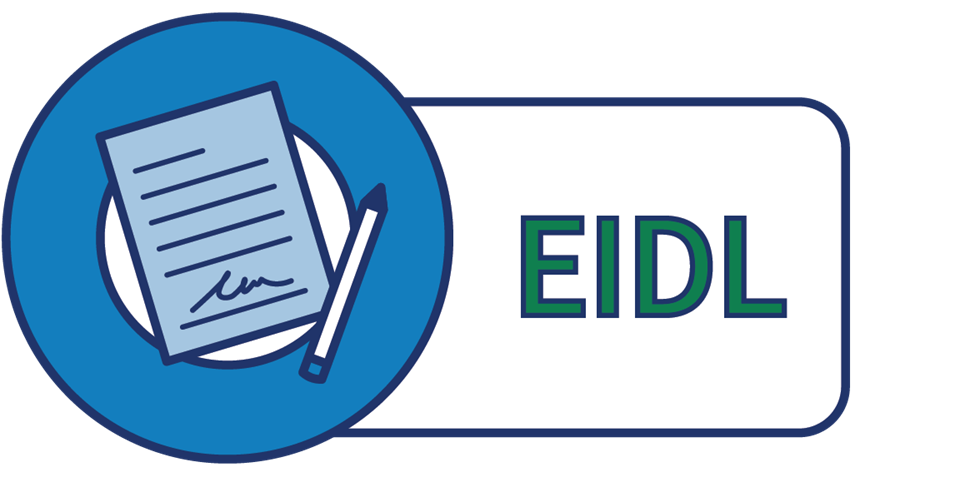Luke Kempen, center director at the SBDC at UW-Eau Claire, wrote a helpful newsletter this week to help business owners better understand how Economic Injury Disaster Loan (EIDL) repayments work after 30-month deferrals. He does a great job using examples and sharing links on how to make payments.
Sign up for future newsletters here.
P.S. Thanks to UW-Eau Claire accounting intern Linnea Vesely for assisting in this effort.
